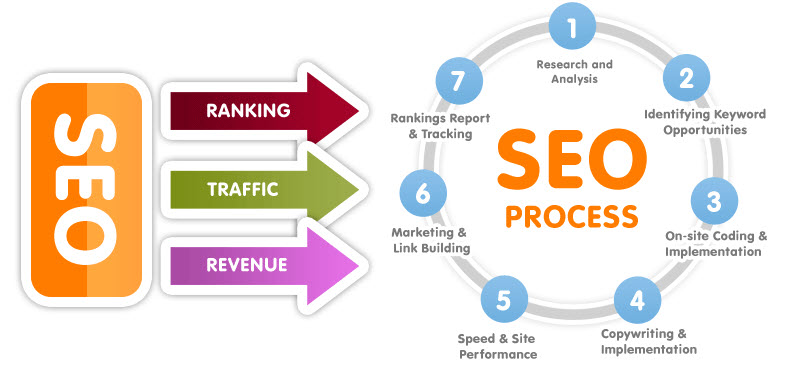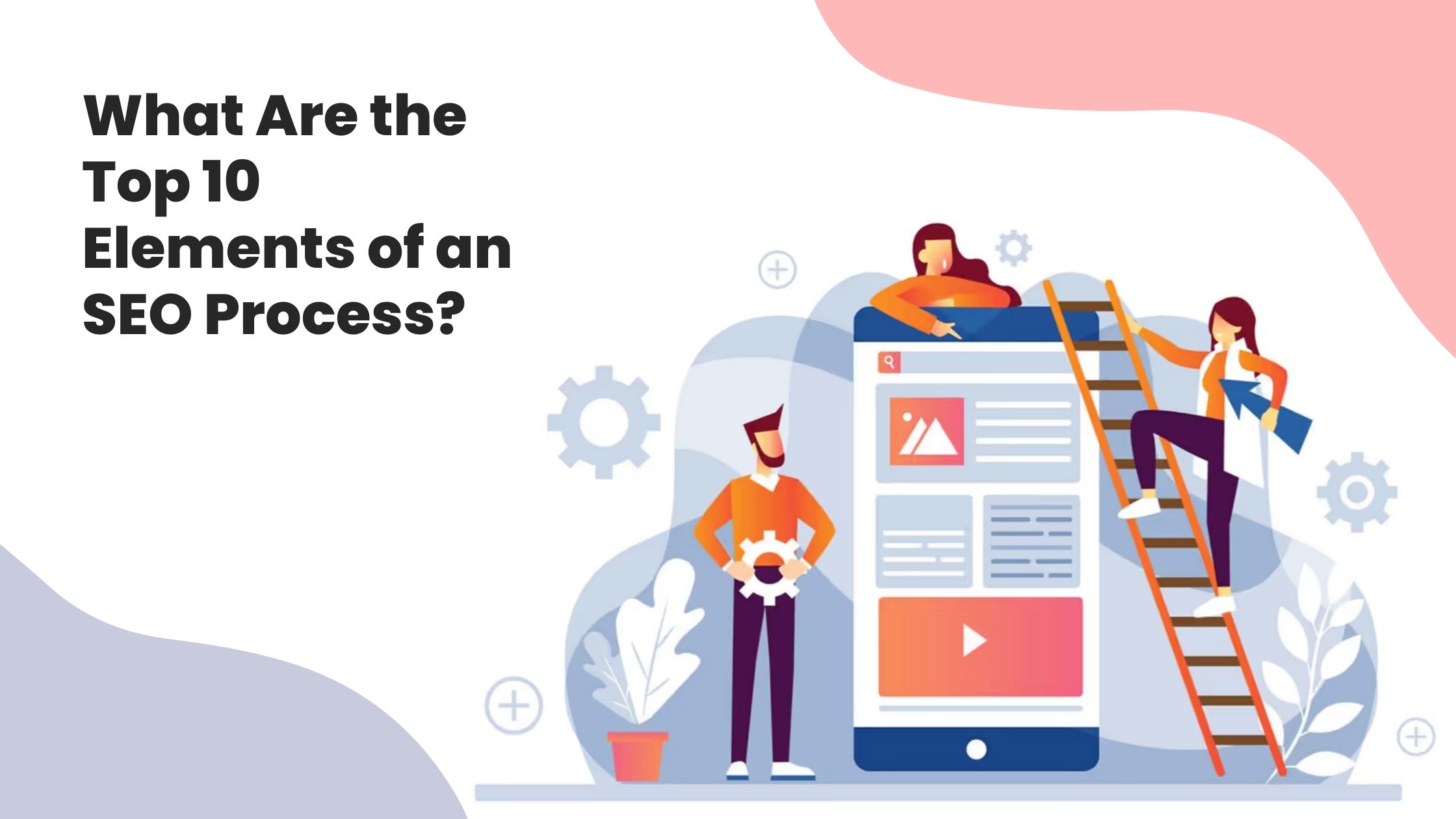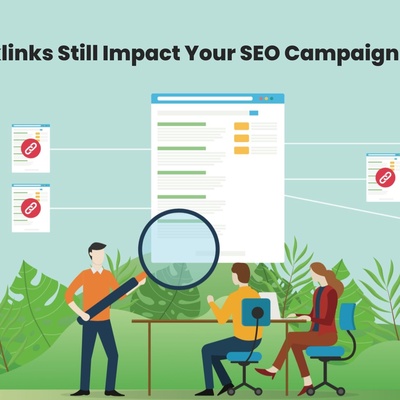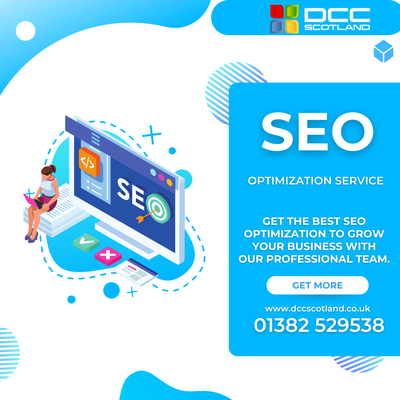Search engine optimization (SEO) is a specialized task. It requires knowledge of both on-page and off-page factors, as well as how to implement them in a way that will optimize your website for search engines. According to a Best SEO Company, this can be challenging for some people, especially those who aren't familiar with SEO or anyone who doesn't have the time or resources to learn it. The good news is that there are experts out there who do know how to do this—and they're happy to help! If you'd like some guidance on what elements make up an effective SEO process, read on so we can show you what we mean:
Keyword/Market Research
Keyword research is the foundation of SEO. Keywords are the words or phrases that people use to search on Google, Bing, or other search engines. These words and phrases are also known as "search terms," and they help you identify what people are searching for and how many people are searching for it.
A good keyword research strategy combines short-tail keywords (more specific) with long-tail keywords (more broad). Using short-tail keywords helps you rank higher in certain searches, which means more traffic to your site. Longer-tail keywords give you a larger audience but aren't necessarily as targeted as shorter-tail ones.
Baseline Analysis
The goal of a baseline analysis is to understand how your site is performing in terms of SEO. The information you collect during this process will be used to help you make decisions about where to focus your efforts for future optimization.

Why is it important?
Baseline analysis allows you to compare current performance against past performance, and then use that information to plan out what changes will be most effective at improving results. Top-notch SEO Company in Ahmedabad also helps identify opportunities for growth by examining the strengths and weaknesses of each page on your site.
Competitive Analysis
The competitive analysis is the first step in your SEO process. It's where you will learn about the websites competing with yours and how they are doing it.
This step can be broken down into two parts:
- Competitive intelligence - researching the competition to find out what, why, and how they're ranking well for their keywords
- Competitor analysis - understanding their strengths, weaknesses, opportunities and threats
So, that you can learn from them and improve your own strategy. By the end of this step, you should have a good understanding of how your competitors are performing and what they're doing well (or not).
Optimized Content Creation
Optimizing your content is a great way to make sure that it's relevant and useful for the audience.
- Relevant Content: Content should be relevant to the audience, so that they understand what you're trying to tell them.
- Well-researched: Once you've decided what you want to write about, research is key. You'll need to know enough about the topic so that your information comes across as trustworthy and reliable. If there aren't many sources available, look into getting more data or doing more research before writing anything else (or rewriting).
- Well-written: Good grammar matters! Make sure everything is spelled correctly and punctuated properly before publishing—you don't want readers getting distracted by mistakes or typos while reading what could otherwise be an interesting article.
- Also pay attention when using contractions (I'm versus I am) so that it doesn't seem stilted when spoken aloud; use these only if necessary in order not break up sentences unnecessarily without any additional meaning being revealed by doing so such as "It is raining outside" vs "It's raining outside". To improve readability even further consider using descriptive words like "the" instead of "this" unless referring specifically about something specific within context such as "this blog post"
On-Page Optimization
- On-Page Optimization: The on-page factors, or ranking signals, that affect the search engine's understanding of your site and its content. Search engines want to know what a page is about so they can accurately match it with the queries users are searching for.
- Off-Page Optimization: The off-page factors, or link building signals, that affect how trustworthy search engines perceive your website to be. Link building is an important part of SEO because it signals to Google that you have something valuable to offer (i.e., lots of people are linking to you).
- Content Creation vs Link Building: It's crucial to understand the difference between content creation and link building because they're two different strategies with very different goals. While both rely on creating valuable content and generating links from high-quality websites respectively, these actions serve very different purposes in an overall SEO strategy.
Mobile Optimization
Having a site that is accessible on mobile devices is important for SEO. Mobile-friendly sites are easier to navigate and read, which will help you rank higher in search results. It's also easier to share content through social media, email and more when it's formatted correctly for mobile devices.

Use responsive design: If you want your website to be accessible on all screens, responsive design should be one of your first steps. Responsive websites automatically adjust their layout depending on the size of the screen being used (think tablet vs phone). You don't have to do anything different from what you're doing now—the site just adjusts itself automatically based on what device is accessing it!
Offer a mobile app: If you're looking for an additional way for customers or prospects to find out about what your company does or how it solves problems for them then consider creating an app specifically for this purpose. The functionality may be limited compared with desktop versions but there are still plenty of ways available today without much programming knowledge needed at all!
Links, Links and Links
Link building is a process. It's not something that you can do in one day or even a week. Links are the building blocks of SEO and one of the most important parts of an SEO campaign.
Links drive traffic to your website and help users navigate through it as well. They also represent trust between sites, which is why they're so useful for SEO purposes. Also, a Top-notch SEO Company in Ahmedabad suggests that the more links you have pointing back to your website, the better off you'll be when it comes to rankings in SERPs and be found by Google Search's crawler bot!
Technical Development
Technical development is the process of ensuring your website is ready for search engines. This step can take a very long time and requires lots of work to ensure that when you publish content on your website, it will be indexed properly.
Technical Development includes:
- Crawling, indexing and ranking
- Robots.txt file (for controlling how search crawlers access your site)
- Sitemaps (a file containing URLs of pages on your website)
Social Media Integration
Social media is a great way to get the word out about your business and connect with potential customers. It's also important for SEO because it provides an opportunity to build links back to your site. This helps with the relevancy of your content, which can help improve rankings in Google's search results.
Reporting and Tracking the Results
Using a system that allows you to measure your progress is important. You'll want to make changes based on the results, so it's crucial that you have an accurate way of knowing what worked and what didn't. SEO is a long-term strategy. It takes time to build up your rankings and it can take even longer to see results. That's why a Top-notch SEO Company in Ahmedabad says that it's important to find a system that allows you to measure and track your progress so you can make changes as needed.
Conclusion
The SEO process is a long and complex one, but it's also the most important step in ensuring your website is ready to compete with the rest of the competition. While some may use shortcuts or tricks to try and achieve results quickly, we recommend taking the time to get everything right so that you can sustain your rankings over time. As you continue this journey with us, we hope these tips will also help you through each stage of your project!


























Comments (1)